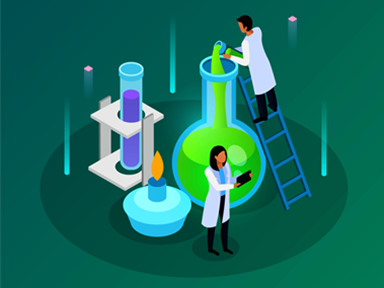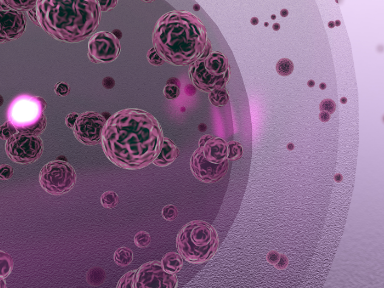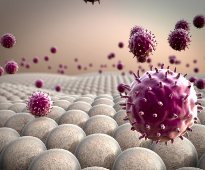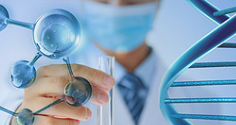-
Sai Life Sciences to recruit over 500 scientists in 2021
expresspharma
December 18, 2020
Initiates first phase of recruitment for 100 scientists in API process development and scale-up.
-
CSIR announces Shanti Swarup Bhatnagar Prize 2020 to 14 scientists
expresspharma
September 28, 2020
The scientists work in renowned national research and academic institutions across the country.
-
Scientists Creating Gene Map of Human 'Microbiome'
drugs
August 15, 2019
The number of genes in bacteria that live in and on people could top 1 billion trillion -- and at least half appear to be unique to their host.
-
Scientists clarify what probiotics are and what they are not
en-cphi.cn
March 15, 2019
A new scientific paper calls for strict adherence to the scientific definition, ensuring improper use of the term doesn't mislead consumers or limit advancements in the emerging field of microbiome science.
-
Scientists develop in vivo skin imaging technology
biospectrumasia
October 25, 2018
The research is part of the "Innovative Visualization Technology to Lead to Creation of a New Growth Industry" project.
-
Human colon organoids successfully tissue engineered by scientists
October 17, 2018
This breakthrough system of lab grown human colons will allow effective modelling of human ailments and human development.
-
Rutgers Scientists use genetic engineering for the first time to detect Tourette’s
biospectrumasia
September 29, 2017
New Brunswick used a genetic engineering technique for the first time to create brain cells from the blood cells of individuals in a three-generation family with Tourette syndrome to help determine what causes the disease.
-
Scientists find way to convert bad body fat into good fat
worldpharmanews
September 21, 2017
There's good fat and bad fat in our bodies. The good fat helps burn calories, while the bad fat hoards calories, contributing to weight gain and obesity.
-
Director upheaval threatens Brazilian dengue vaccine program, scientists say
fiercepharma
March 08, 2017
Progress on a late-stage dengue vaccine candidate developed by U.S. scientists is threatened as its licensee—the Butantan Institute in Brazil—recently lost its top boss.




 ALL
ALL Pharma in China
Pharma in China Pharma Experts
Pharma Experts Market News
Market News Products Guide
Products Guide Brand Story
Brand Story






 Pharma Sources Insight January 2025
Pharma Sources Insight January 2025








